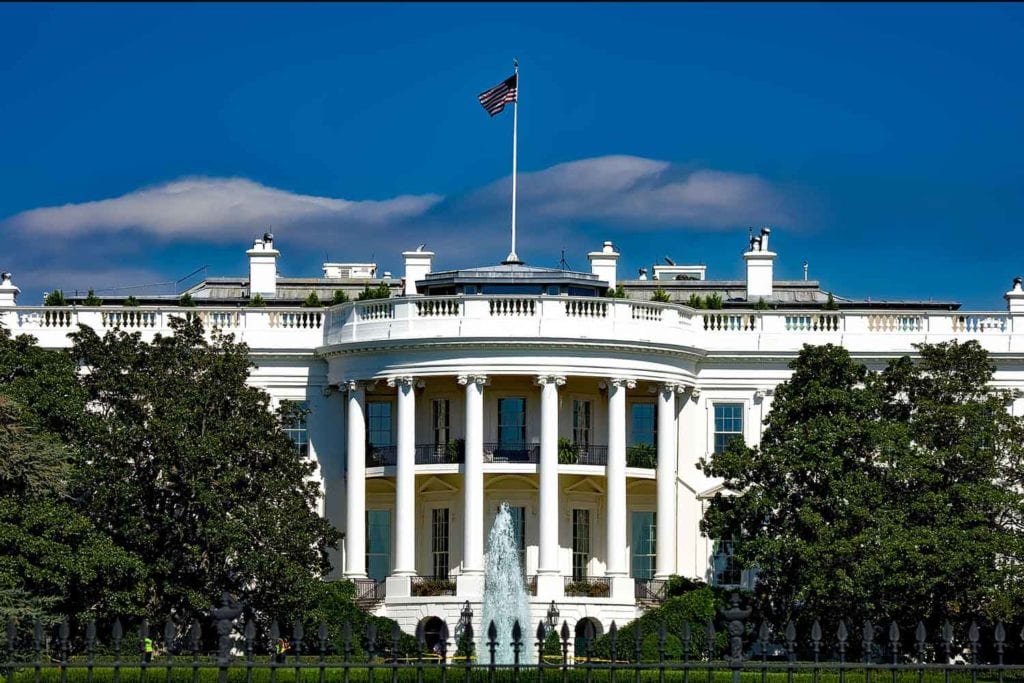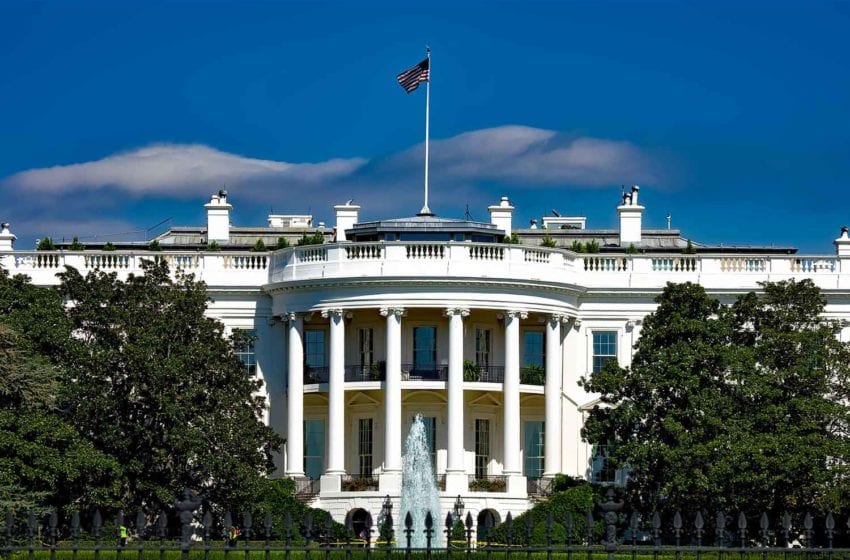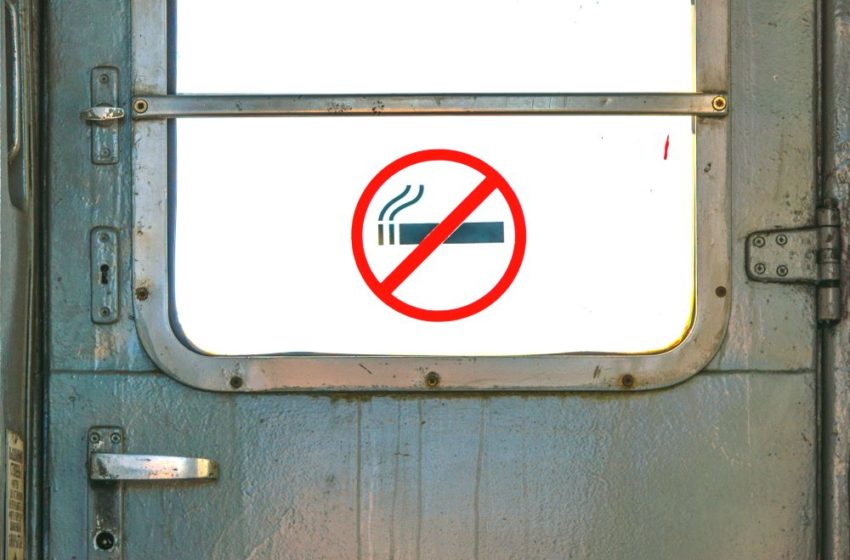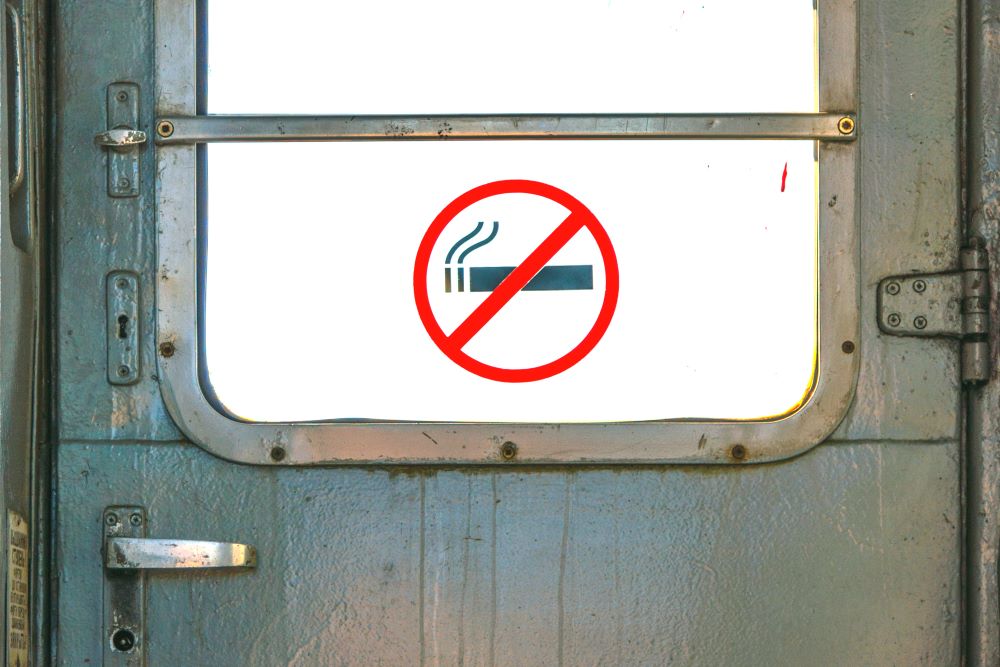
The U.S. Food and Drug Administration’s Center for Tobacco Products (CTP) had relaxed its standards of review for certain tobacco products and stifled attempts by its scientists to raise concerns, according to an investigation conducted by the U.S. Office of Special Counsel (OSC). The OSC sent a letter to President Joe Biden and Congress outlining the findings.
The investigation began after a leading CTP toxicologist-turned-whistleblower disclosed to the OSC that a 2019 memorandum issued to the CTP’s scientists revised the process for evaluating potentially harmful ingredients in substantial equivalence applications used for certain tobacco products. According to the whistleblower, the memo directed scientists to stop using objective, quantitative data to evaluate applications and to instead use an approach that was more akin to “eyeballing it,” resulting in unclear review standards and less reliable decisions, according to the CTP.
The whistleblower also alleged that flaws in the CTP’s internal scientific dispute resolution process effectively prevented the whistleblower and several other concerned scientists from raising these issues within the agency. “This internal dispute process is intended to safeguard the integrity of CTP’s scientific evaluations, including consideration of certain tobacco products to ensure those authorized for market meet the applicable health and safety standards,” the CTP stated.
The OSC referred the whistleblower’s allegations for investigation. In response, the FDA convened an independent panel of scientific experts to evaluate allegations concerning the allegedly flawed tobacco application review process. The panel largely agreed with the whistleblower’s concerns, finding that the process lacked “quantifiable standards or criteria.” The expert panel made six recommendations, including a new process for resolving scientific discrepancies, which the agency largely adopted.
In response, the whistleblower acknowledged the CTP’s progress in giving scientists discretion to consider quantitative data in reviewing potentially harmful chemical compounds in substantial equivalence applications for new tobacco products. The CTP also revamped its scientific dispute procedures and created a mandatory training program for all CTP staff involved in scientific decision-making. While supportive of these steps, the whistleblower stated that FDA scientists will still need courage to challenge a system that “discourages dissenting voices.”
“The public depends on the FDA to vigorously implement and enforce our nation’s health and safety laws, especially when new tobacco products are being brought to market,” said Special Counsel Henry J. Kerner. “I am deeply troubled that FDA’s own scientific dispute process failed our whistleblower and fellow concerned scientists, and as a result failed the public. I commend the whistleblower for persevering in the face of these unnecessary obstacles. I also thank the FDA for taking the allegations seriously by convening an independent expert panel and for taking positive steps to repair its review process.”



















